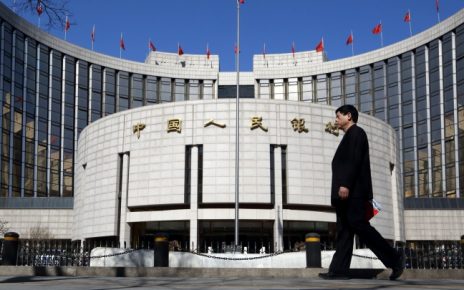The communication and logistics are the essential aspects of the human existence and they are the backbone of the transfer of goods, services and value.
With the expansion of the international trade and the logistics, more efficient methods are developed in order to provide efficient services and transfer of value. However, the blockchain technology brings another dimension to improve the logistics sector in the areas such as transparency and efficient tracking.
John Monarch, the CEO of Shipchain, says the logistics sector is hiring the largest number of people in the world. He further explains that the sector has expanded over time and demanded innovations in order to overcome and maintain a practical approach for the growing human population. This is happening again, with the fourth industrial revolution.
Monarch added: “The connected devices gravitating around the Internet of Everything demand a higher level of security. The blockchain technology is the best solution because it provides the best protection through distributed ledgers, advanced encryption, smart contracts and smaller number of intermediaries. As a result, it will fight against corruption, ransomware, theft, premium fees and problem tracking.”
The CEO of Shipchain concludes that once the blockchain networks start taking the first steps towards the massive adoption by the market, it will save at least 50 billion dollars to the sector of international trade. And when the conditions are met, the blockchain technology could decrease the total costs of the logistics sector by 500 billion US dollars per year.
Christopher Bates, the Chief Security Officer at Bitland, explains that one of the main problems when it comes to creating documentation in chronological order is to find out when a certain property changed its owner. Bates pointed out the history of a car as an example: “It is pretty important to know if the car has been damages, the level of damage it suffered and if its structure was moved during the crash. If there was an unchangeable and accessible record that followed the history of that particular card, there would not be a way for the salesman to sell the car that was seriously damaged.”
Bates also talked about land ownership and the problems that appear throughout the world. One of the most sensitive problems is when a certain piece of land is sold twice or even more times, which means the person selling it would sell it to different people, even though only one sale is really legitimate. In some place around the world, the cadaster records are kept on paper and controlled by a few individuals. In these cases, it is often impossible to really know the correct order of the changes of ownership over a certain piece of land, while individuals can manipulate the records for personal gains.
Transporting any good encompasses a number of transfers of responsibility. If there is an unchangeable record of the entire transportation chain, it is impossible to lose data about the responsibilities during the transportation process. The existing courier services often track shipments along the route, but those methods are not perfect. Bates says: “The problem is the records are changeable, the data can be hidden or completely deleted and that could cause damage to someone. The governments are able to hide their black budget costs by deleting records about delivery or by preventing the publication of the data completely. The governments will claim it is a matter of national security, but on the other hand, the taxpayers sponsoring those budgets deserve to have the transparency of the consumption.”
The blockchain technology combines a continuous (chain) storage control with transparent and unchangeable way of keeping records. This creates an ecosystem that prevents the malicious parties, because they would eventually become known due to the transparency of the entire system.




